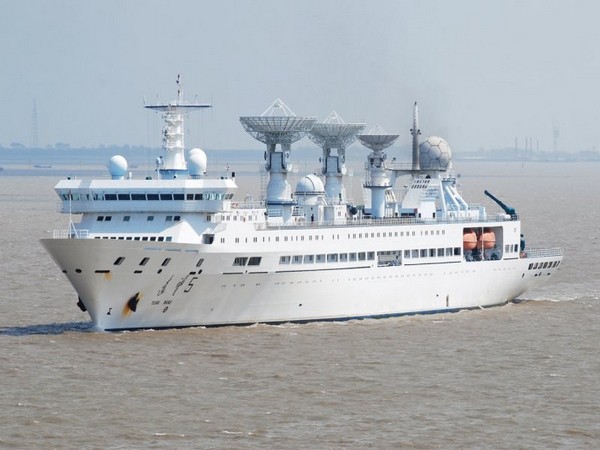Japan’s attitude towards South Asia changed after China expanded its influence in the region and provoked the Asian giant in many places in the Indo-Pacific, according to Satoru Nagao, a non-resident fellow at Hudson Institute, based in Tokyo.
“In the past, Japan did not have a strategy in South Asia. Japan supported many infrastructure projects in South Asia purely because Japan tried to contribute to the local society. However, since China expanded its influence in South Asia and provoked Japan in many places in the Indo-Pacific, Japan’s attitude has changed,” Satoru Nagao said in an interview with Nepal’s The Annapurna Express newspaper.
Nagao made these remarks while answering a question on Japan’s South Asia policy, its priorities, and its interest in this region. Citing the example of Hambantota port, the Japanese expert said China’s infrastructure projects in Sri Lanka are the ones with high-interest rates and huge debt.
“This is one typical example of how dangerous China’s hegemonic ambition has become. This time, the National Security Strategy of Japan clearly wrote Strategic Use of ODA,” he said.
He added that Japan will continue many infrastructure projects in South Asia as pure assistance. but at the same time, it will increase the projects to save local countries and dissuade China’s hegemonic ambition.
Nagao’s remarks come as the Japanese government this week approved a draft budget for the next fiscal year for a record 114,38 trillion yen (USD 862 billion) with a record-high defence budget in the amount of 6.8 trillion yen, Kyodo news agency reported.
Japan’s military spending amounted to 5 .4 trillion yen in 2022, which is about 1.24 per cent of GDP, the agency added.
Japanese media reported that the Asian giant is finding itself in the midst of the most severe and complex security environment since the end of WWII with mounting threats from China and North Korea.
After Japan unveiled a new national security plan that signals the country’s biggest military buildup since World War II, China on Friday said that hyping up the threat posed by Beijing to back its military build-up “is doomed to fail.”
“Hyping up the China threat to find an excuse for its military build-up is doomed to fail,” Chinese Foreign Ministry Spokesperson Wang Wenbin said during a regular press conference on December 16.
“Japan’s new defence policy ignores facts, deviates from its commitment to China-Japan relations and the common understandings between the two countries, and groundlessly discredits China’s defence building and normal military activities. China resolutely opposes this and has made serious demarches to the Japanese side through diplomatic channels,” he said.

